Owning a pool is a dream for many, but the thought of the work involved in maintaining it often brings hesitation. While pool maintenance is essential to keep your swimming pool clean and safe, there are several misconceptions that can make the task seem more daunting than it actually is. In this article, we’ll debunk some of the most common myths about pool maintenance, helping you enjoy your pool without unnecessary stress.
Daily Cleaning is a Must
The reality is, while regular cleaning is important, daily scrubbing and vacuuming are not necessary for most pools. The frequency of cleaning depends on a number of factors such as the size of the pool, the environment surrounding the pool, and how often the pool is used. For instance, if your pool is located near flowers, trees that shed leaves, or heavy pollination, you might need to skim the surface more frequently. However, thorough cleaning sessions, including vacuuming and brushing the walls, can typically be done on a weekly basis.
Weekly cleanings strike a balance between keeping the pool pristine and not overburdening yourself with unnecessary work. Additionally, using automatic pool cleaners or robotic vacuums can further reduce the manual effort required, making pool maintenance even more manageable. You can find all your cleaning essentials at Main Street Pool!
More Chemicals Mean a Cleaner Pool
It’s a common belief that adding more chemicals will result in a cleaner pool, but overuse can lead to issues such as skin and eye irritation, as well as damage to pool equipment. The key to a clean, safe, and enjoyable pool is maintaining the correct chemical balance. This involves regularly testing the water to monitor levels of chlorine, pH, alkalinity, and calcium hardness. Each of these elements plays a critical role in the overall health of your pool. Chlorine serves as the primary sanitizer, killing harmful bacteria and preventing algae growth. pH measures the acidity or alkalinity of the water, which is crucial for swimmer comfort and chemical effectiveness. Alkalinity acts as a buffer for pH, helping to keep it stable, while calcium hardness prevents water from becoming corrosive or scaling. Automated systems and smart pool technology can help monitor and maintain this balance, reducing the guesswork.
Saltwater Pools Are Maintenance-Free
Saltwater pools are often advertised as low-maintenance alternatives to traditional chlorine pools, but they are not entirely maintenance-free. While it’s true that saltwater pools generate their chlorine, they still require regular monitoring and maintenance. The salt cell, which is crucial for the chlorination process, needs to be inspected and cleaned periodically to prevent buildup. Additionally, salt can be corrosive, so it’s important to check and maintain pool equipment to avoid damage.
If you’re interested in low-maintenance alternatives, Main Street Pools offers great systems like iChlor, from Pentair, that produce a steady stream of pure chlorine for softer, silkier pool water.

Pool Water Needs to be Drained Regularly
Draining and refilling the pool water is rarely necessary and can even be harmful if done too often. Modern pool filtration systems are highly effective at keeping water clean and safe, and with proper chemical balancing, water can be maintained for years without needing to be replaced. Draining should only be considered in specific circumstances, such as when making significant repairs, addressing severe chemical imbalances, or if the pool has been contaminated by an extreme event.
Pool Covers Are Only for Winter
Pool covers are often associated with off-season protection, but they are valuable year-round! While many people think of pool covers as something to use only during the colder months when the pool is closed, their benefits extend far beyond winterizing your pool. Year-round use of a pool cover can provide numerous advantages that enhance the efficiency, safety, and cleanliness of your pool.
During the summer, a pool cover can reduce evaporation, keep out debris, and help maintain the pool’s temperature, reducing energy costs. In the warmer months, water evaporation can be a significant issue, especially in hot and dry climates. A pool cover acts as a barrier, minimizing water loss by evaporation. This not only conserves water but also helps maintain the chemical balance of the pool, as the concentration of chemicals won’t change as drastically as water levels drop. Additionally, pool covers reduce the amount of debris such as leaves, dirt, and insects from entering the pool – further reducing the amount of time spent skimming and vacuuming, allowing you to enjoy a cleaner pool with less effort.
Maintaining a consistent pool temperature is another significant benefit of using a cover. By trapping heat, a pool cover reduces the need for heating systems to work as hard, resulting in lower energy bills. Even during the day, when the sun is shining, the cover helps retain the warmth generated, extending the swimming season by keeping the water at a comfortable temperature for longer periods.
Covers also offer a layer of safety, preventing accidents when the pool is not in use. Pool safety is a top priority, especially for families with young children or pets. A properly fitted pool cover can act as a protective barrier, preventing accidental falls into the water when the pool is unattended. This added layer of safety can provide peace of mind, knowing that your pool is secure even when you’re not around.
You Can Handle All Pool Maintenance Yourself?
While many pool owners can handle basic maintenance tasks, there are situations where professional help is necessary. Complex issues such as pump malfunctions, significant chemical imbalances, or leaks often require the expertise of a trained technician. Regular professional inspections can also help identify potential problems before they become costly repairs, ensuring that your pool remains in optimal condition.
To schedule an appointment with a qualified professional at Main Street Pools, contact us today!
Pool maintenance doesn’t have to be overwhelming or time-consuming, but it’s essential to separate fact from fiction. By understanding the realities behind these common myths, you can take a more informed approach to maintaining your pool, ensuring it remains a safe, clean, and enjoyable space for you and your family.
With the right knowledge and a little effort, pool care can be a manageable part of pool ownership, allowing you to fully enjoy your backyard oasis!






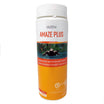


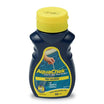


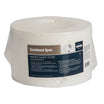
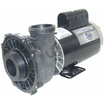
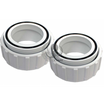
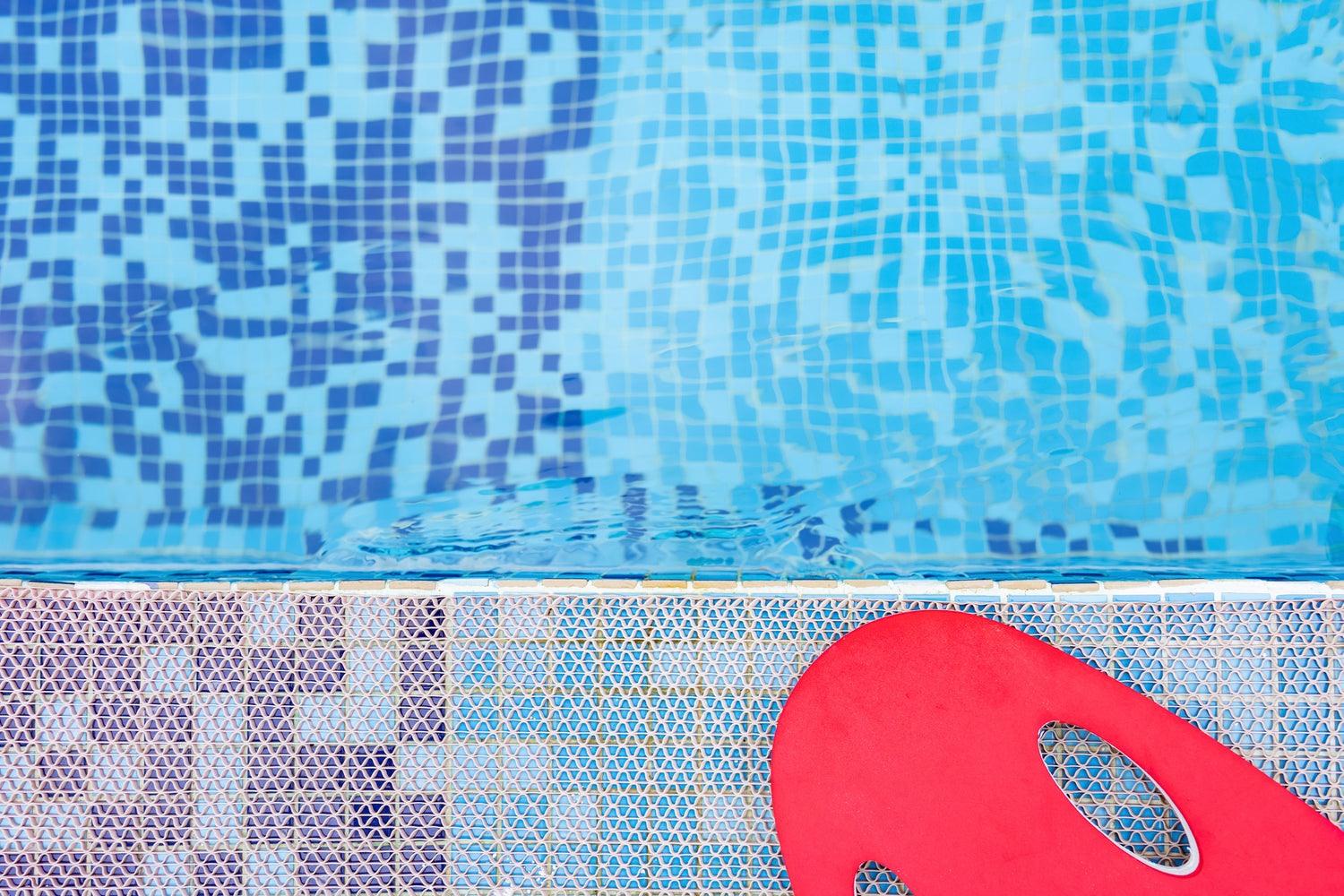

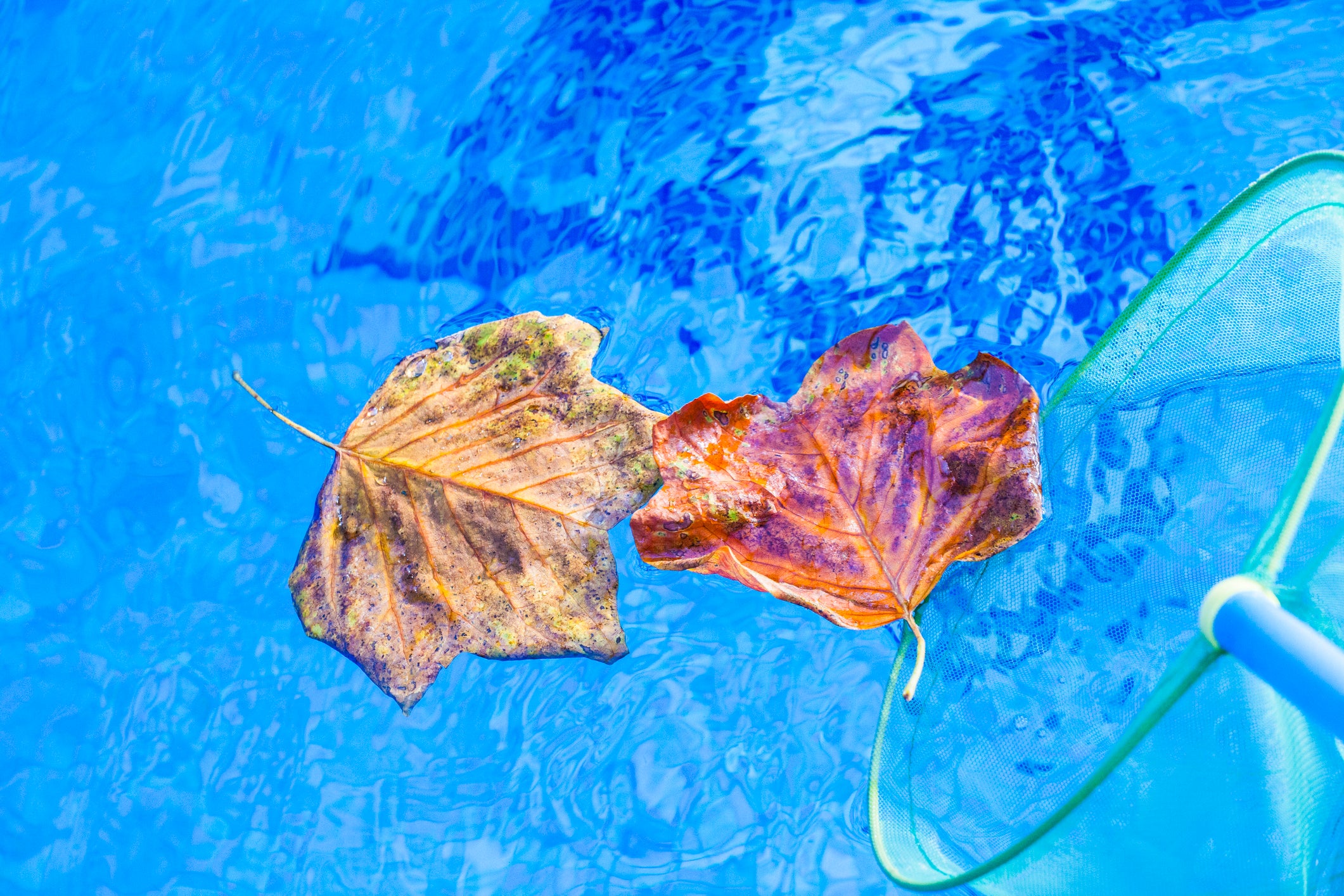
Leave a comment
All comments are moderated before being published.
This site is protected by hCaptcha and the hCaptcha Privacy Policy and Terms of Service apply.